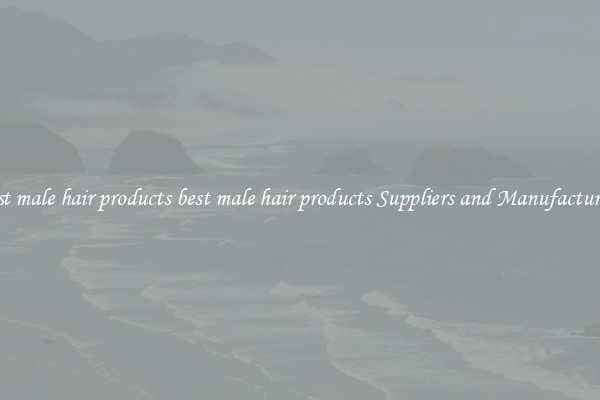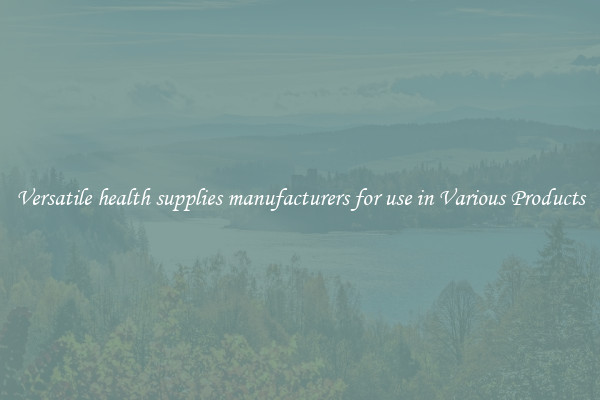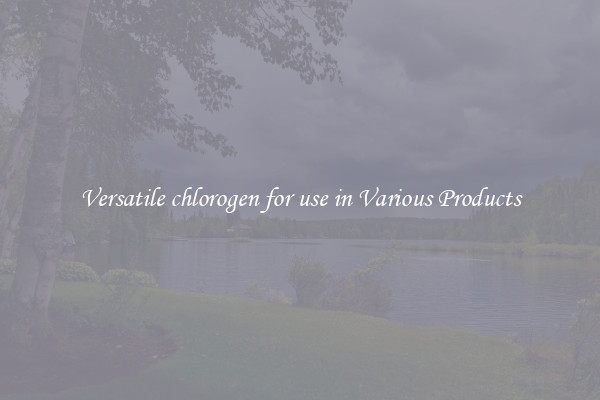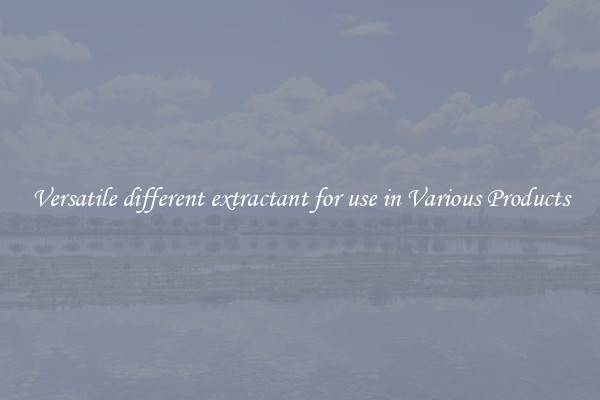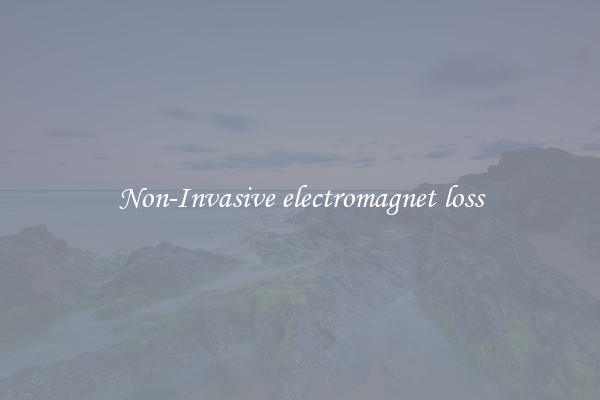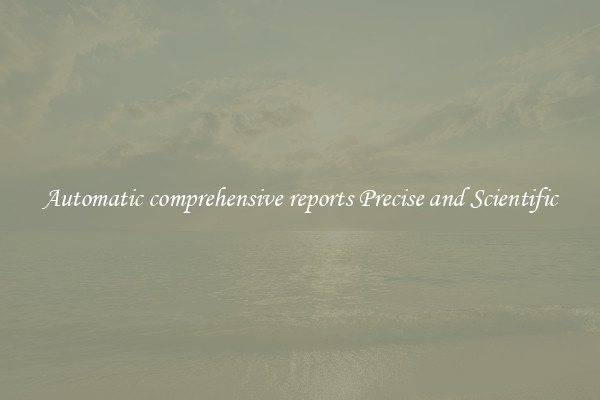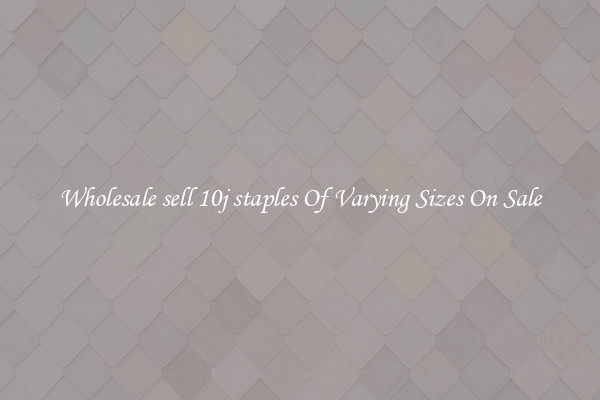islamics products, islamics products Suppliers and Manufacturers
Islamic products refer to a wide range of commodities and services that cater specifically to the needs and requirements of the Muslim community. These products are designed and produced in accordance with Islamic principles and values, ensuring they are halal (permissible) and consistent with Islamic teachings. From halal food and beverages to cosmetics, pharmaceuticals, fashion, and financial services, the market for Islamic products has grown significantly in recent years.
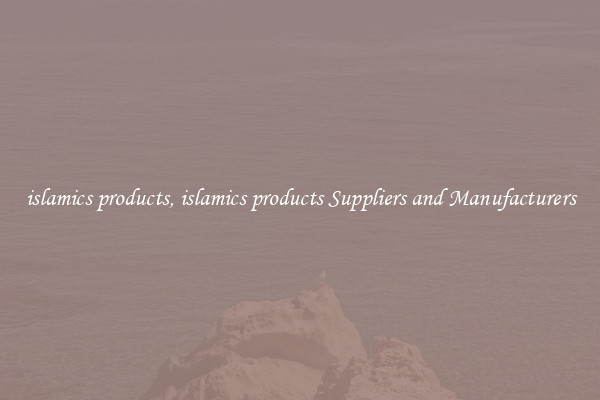
One of the key factors driving the increasing demand for Islamic products is the global Muslim population, which is expected to reach 2.2 billion by 2030. As more Muslims actively seek products that align with their religious beliefs, the need for specialized suppliers and manufacturers of Islamic products has emerged. These suppliers and manufacturers play a crucial role in providing a diverse range of options for the Muslim consumer market.
Islamic products suppliers and manufacturers ensure that the entire production process adheres to Islamic guidelines. This includes sourcing halal ingredients, maintaining purity during production, and obtaining halal certifications for their products. Such certifications are essential for Muslim consumers, as they provide assurance that the products they purchase are compliant with Shariah (Islamic law).
The demand for Islamic products has also led to the emergence of innovative and unique offerings. For instance, in the fashion industry, there has been a surge in modest clothing lines that cater to the specific needs of Muslim men and women. These clothing lines provide fashionable yet modest options that adhere to Islamic dress codes. Similarly, the halal cosmetic industry has witnessed significant growth, with a range of halal-certified products addressing the specific concerns of Muslim consumers.
Several countries have established themselves as key players in the market for Islamic products. Malaysia, for instance, has become a prominent hub for halal food and beverage production, providing high-quality products that meet global halal standards. Meanwhile, the United Arab Emirates has positioned itself as a leader in the halal cosmetic industry, with many international brands incorporating halal practices into their manufacturing processes.
In conclusion, the demand for Islamic products is on the rise, driven by a growing Muslim population and the increasing preference for halal and Shariah-compliant options. Islamic products suppliers and manufacturers play a vital role in meeting these demands, ensuring the availability of a diverse range of products that cater specifically to the needs of the Muslim community. As the market continues to grow, it is essential for suppliers and manufacturers to maintain high standards of quality and adhere to Islamic guidelines to meet the evolving expectations of Muslim consumers worldwide.
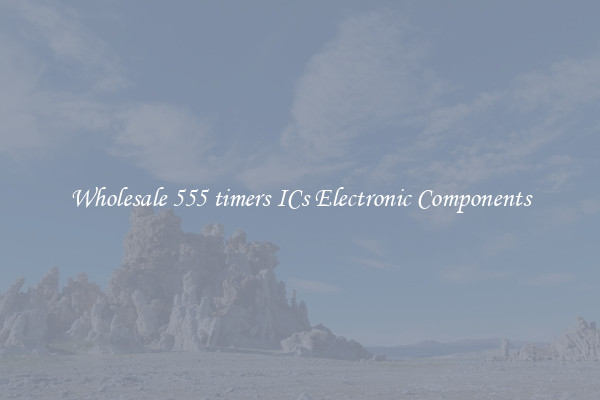
View details
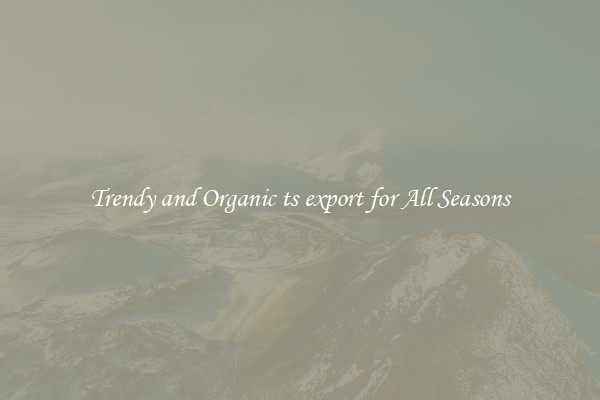
View details

View details
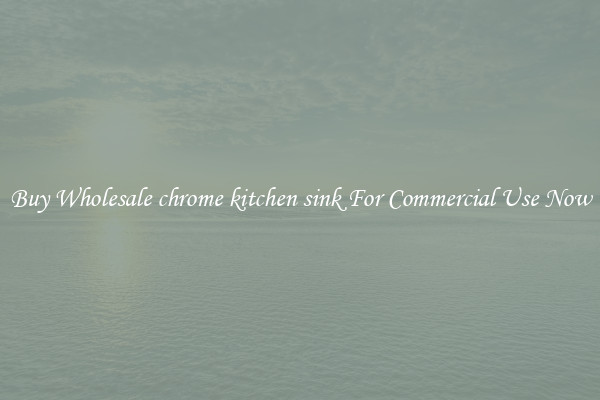
View details
